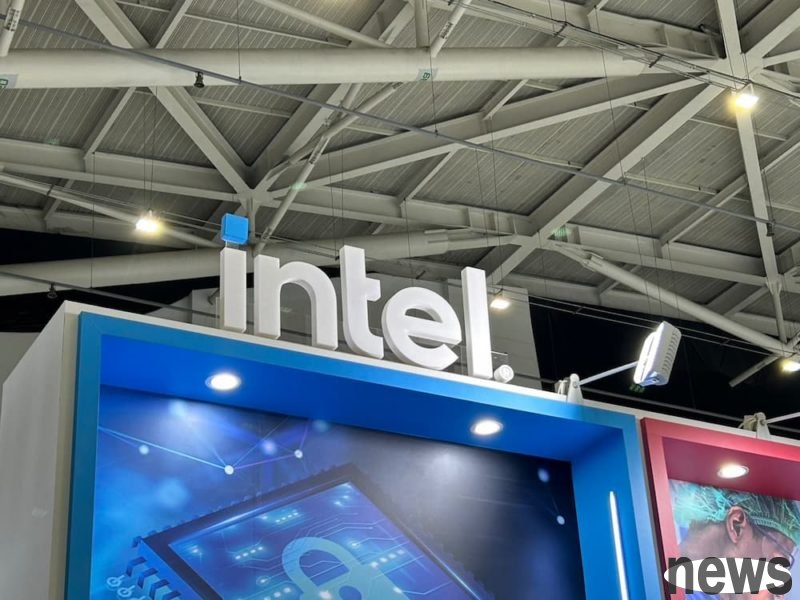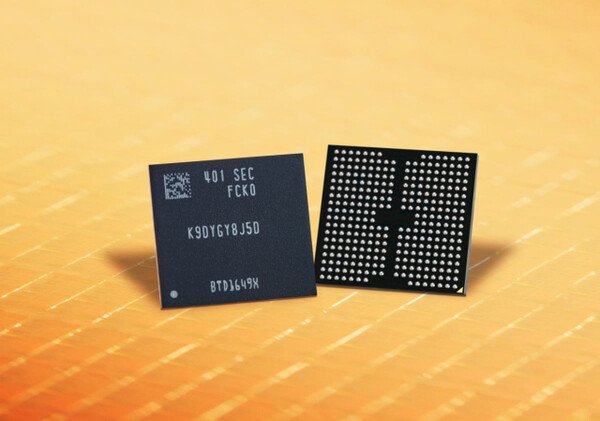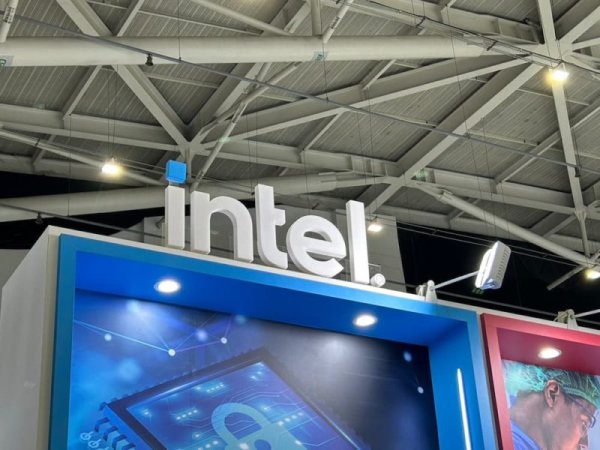Intel claims US government to invest in a stake in order to prevent the abandonment of the crystalline foundry business

Intel Financial Chief (CFO) David Zinsner said that the reason why the US government chose to invest in shares was because it was worried about the company's sale of its long-term CFO.
According to the Financial Times report, Intel's foundry department reached US$1.3 billion (about NT$39.74 billion) last year, and the market has long been reported that the US government is interested in intervening. Last week, the U.S. government officially transferred the $8.9 billion subsidy to shares, acquiring 10% of the shares. Of these, US$5.7 billion (about NT$184.4 billion) has been paid on Wednesday, and the remaining US$3.2 billion (about NT$9.78 billion) still needs to be paid for whether Intel has reached a milestone in the Ministry of Defense's project planning.
The two-party agreement includes a clause: "If Intel's shareholding in the "Crystal Foundry Business" is reduced to less than 51%, the government has the right to acquire an additional 5% of the shares at a price of US$20 per share within five years. "Zinsner said at the meeting that this is unlikely, and pointed out that the government's position is very clear, just don't want Intel to leave or sell the department.
White Palace News Secretary Karoline Leavitt said that the agreement is still being finalized and some details still need further discussion. It can be seen that the US government still has many considerations on Intel's investment layout.
However, key customers including Nvidia, Apple and Qualcomm have not yet placed orders, and the market still has doubts about Intel's process yield and reliability. Even if the government invests in the government, the outside world is still full of uncertainty about the future direction of Intel.
Trump Intel deal designed to block sale of chipmaking unit, CFO says



